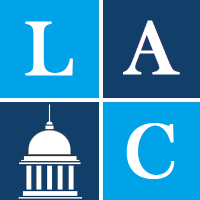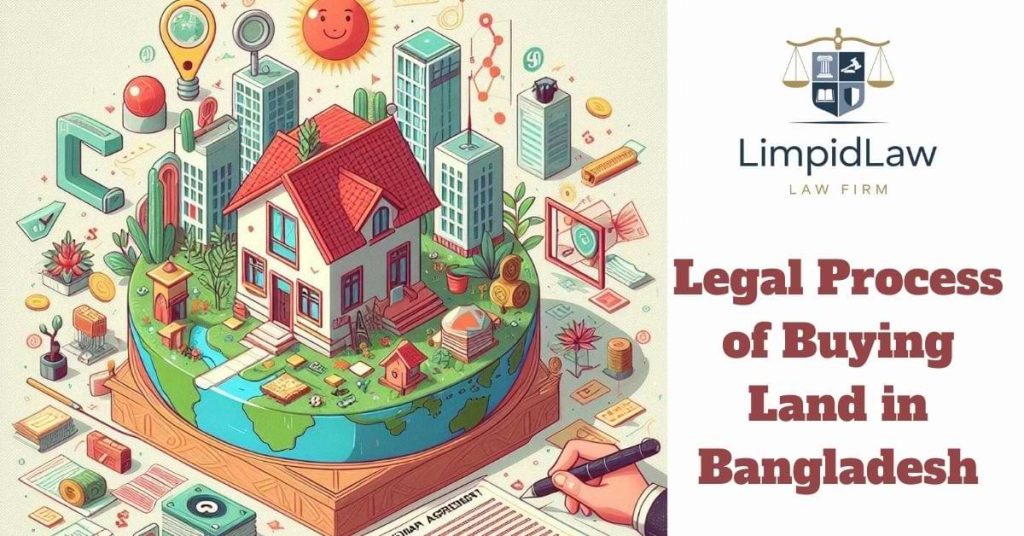The Legal Process of Buying Land in Bangladesh: A Step-by-Step Guide
The Legal Process of Buying Land in Bangladesh Buying land in Bangladesh can be a lucrative investment, but navigating the legal process of buying land in Bangladesh can feel overwhelming if you’re unfamiliar with local laws. Whether you’re a local or a foreigner looking for land for sale in Bangladesh, understanding the land laws in …
The Legal Process of Buying Land in Bangladesh: A Step-by-Step Guide Read More »

